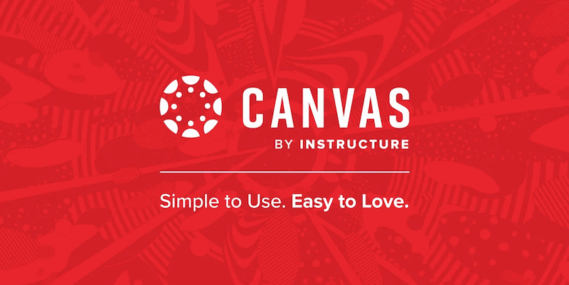Social Cooperative
Social cooperatives are community-driven enterprises offering essential care services. They operate under a multi-stakeholder governance model, encompassing care providers, recipients, family members, and local stakeholders. This inclusive approach ensures that both worker welfare and community benefits are prioritized.
What are Social Cooperatives?
Leading the Movement to Bring Social Cooperatives to the U.S.
Social cooperatives are community-driven enterprises that provide essential care services. Unlike traditional organizations, they operate under a multi-stakeholder model—bringing together care providers, recipients, family members, and community partners. This inclusive structure ensures that workers and communities both benefit.

A Hybrid Model
Social cooperatives combine elements of non-profits and for-profits. While the U.S. does not yet recognize them with a specific IRS designation, other countries have shown how powerful this model can be.
Global Success Stories

Italy
Over 14,000 social cooperatives provide critical services, offering fair wages and high-quality care.

Quebec, Canada
Cooperatives are central to the region’s social economy, including community-based healthcare.

South Korea
Legal recognition has fueled rapid growth, expanding access to affordable care and strengthening economic democracy.

Why It Matters for the U.S.
Adopting this model could open new pathways for quality jobs for marginalized populations and deliver community-focused care solutions.
RMEOC is leading the way—researching how social cooperatives can thrive in the U.S. and building the financial and social infrastructure needed to sustain them.
The Benefits of Social Cooperatives
Countries with thriving social cooperatives have seen powerful results:
Shared Decision-Making
Workers, families, care recipients, and community partners all have a voice.
Better Care, Together
Services are designed with communities, not imposed from the top down.
Quality Jobs for All
Social cooperatives create stable, meaningful work—especially for marginalized populations.
Stronger Communities
By serving local needs and integrating vulnerable groups into the workforce, social co-ops strengthen the social fabric.
RMEOC’s Work in the U.S.
We’re building the foundation for social cooperatives nationwide through:
- The Social Cooperative Academy – Training on governance, finance, and community engagement.
- Research & Reports – Compiling global case studies to inform U.S. models.
- Community of Practice – A national network of changemakers sharing tools, strategies, and support.
- Policy Advocacy – Working with lawmakers to create legal pathways for social cooperatives.

Join the Movement
Our Community of Practice is a space to connect, learn, and collaborate.
Sign up today to help shape the future of social cooperatives in the U.S.
Want to Learn More?
Social cooperatives transform care for marginalized communities while creating meaningful jobs.
Ready to dive deeper and support the movement? Explore these resources:




